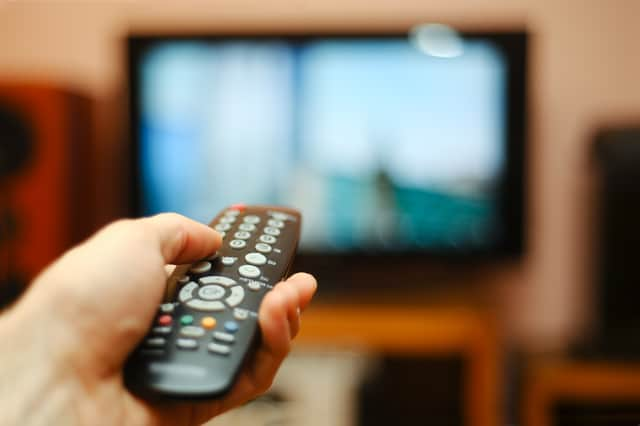Cutting your screen time will reduce the risks of cancer and cardiovascular disease - according to a new study


Reducing exposure to screen time could improve health, according to new research.
The University of Glasgow study followed 500,000 participants over a 12 year period and saw significant improvements to cardiovascular health and a reduced cancer risk when screen time was below two hours a day.
Advertisement
Hide AdAdvertisement
Hide AdFollowing the findings, researchers have advised adults to reduce screen time. According to the research if screen time had been reduced among participants, almost eight per cent of deaths related to cardiovascular disease could have been reduced.
'Reducing TV time could prevent adverse health'
Head researcher Dr Hamish Foster said the study provided yet more proof that too much screen time was bad for health.
"Our study suggests limiting TV time could delay or prevent a lot of adverse health,” commented Dr Foster.
"However, there is still more work to be done before we can make firm TV time recommendations. Further research is needed to understand all these factors and inform future advice and guidelines."
Advertisement
Hide AdAdvertisement
Hide AdDr Foster also suggested that lower socio-economic status and unhealthy snacking were related to screen time and poor health.
To reduce the chance of the results being due to reverse causality - when poor health leads to increased TV time - participants with non-communicable disease, cardiovascular disease and cancer were excluded. Further exclusions included all those who had an “adverse health event” within two years of recruitment.
The potential benefits of switching screen time with healthier activities such as walking was also studied.
Results found that people who would benefit most from replacing longer periods of TV time with more time exercising are those who only spend very small amounts of their day doing those healthier activities.